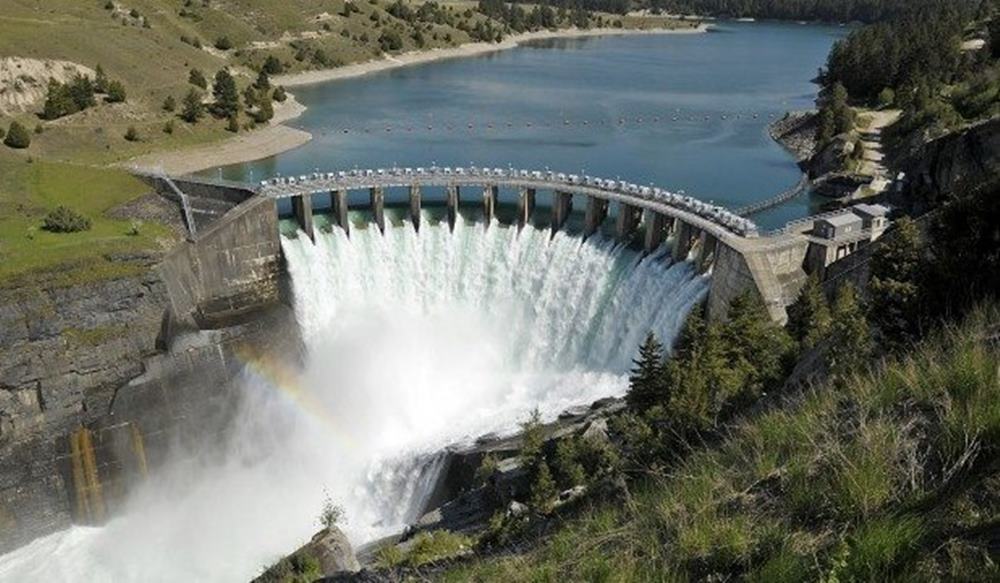Nigeria’s emergency management agency keeps a close watch on river levels as Cameroon releases water from the Lagdo Dam, urging communities to prepare for potential flooding.
The National Emergency Management Agency (NEMA) in Nigeria is closely monitoring river levels as neighboring Cameroon takes the decision to release water from the Lagdo Dam. The humanitarian affairs minister, Betta Edu, has recommended that communities in about a dozen states along the Benue River should prepare for high water, including possible evacuations.
While NEMA currently sees no immediate cause for flooding concern, the situation could change in the coming days. Gauges have indicated a slight increase in water levels at Makurdi on the Benue River. Moreover, river levels remain stable on the Niger River in neighboring Niamey. It is essential to note that these two rivers converge at Lokoja in Nigeria’s central Kogi state, a region historically susceptible to flooding.
Radio Nigeria has reported that Nigeria’s inland dams at Kainji, Jebba, and Shiroro are all maintaining consistent flow rates.
Cameroon has attributed the water releases to heavy rains in its northern regions. In a letter sent to Nigerian officials last week, authorities in Yaoundé assured that the releases would be measured and as minimal as possible. However, it is worth noting that similar releases from the Lagdo Dam last year resulted in fatalities along the Benue.
In Niger, a US$800 million hydropower dam project has faced disruptions due to the July coup that ousted President Mohamed Bazoum. The China Gezhouaba Group declared force majeure and cited an unfavorable economic climate, partly due to economic sanctions imposed on Niger by the World Bank and other entities.
These developments concerning hydropower dams come amid calls for Africa to reconsider its reliance on hydropower. A study led by researchers from Politecnico di Milano in Italy has found that about two-thirds of future dam projects on the African continent are no longer considered viable investments due to the impact of climate change and the declining costs of solar and wind energy. However, projects in the Niger River basin may still hold value.




